create
Aspiring Teacher Clubs: One Solution to the Teacher Crisis
ou know, Leisa should really be a teacher; she is so good at teaching Sabbath School.” That sentence changed my life forever. About to start college in the nursing department, my dad came home from church and casually mentioned that one of the parents of my Sabbath school class told him I would make a great teacher. I had never thought of teaching as a career, but as an impressionable eighteen-year-old I took those words to heart and changed my major to elementary education.
This is the premise that the NAD Teacher Pipeline is built around. It’s no secret that there is a global teacher shortage. The Washington Post reports that the “latest trends in education show that teachers are leaving the classroom at higher rates and that the pool of candidates is not big enough to replace them” (Balingit, 2023). Despite public schools recruiting teachers from overseas, hiring long term substitute teachers, and providing emergency credentials to new hires without education qualifications, in a new study from Kansas State University, researchers found that across 37 states, teacher vacancies grew 35%. Hiring challenges are also evident in our NAD schools.
There are many reasons for the crisis; the question is how do we create solutions? Here is just one. A group of educators from the NAD, union, and university levels brainstormed and came up with the idea of creating Aspiring Teacher Clubs (ATC). ATCs are formed in our academies to introduce our high school students to an exciting career in Adventist Education. The big idea is that high school students join an ATC led by an inspiring, academy faculty sponsor. The club members learn how to tutor elementary students and are assigned three tutees with whom they meet during weekly tutoring sessions. The goal is to help the elementary students improve their literacy and numeracy skills, as well as getting the high school student to enroll as an education major.
In addition, the academy partners with an Adventist university so the high school students can get to know the education faculty, take dual credit classes toward their degree, and be eligible for possible education college scholarships.
The partnership continues when the high school students enter college. They get to know the conference superintendents, intern in Adventist schools, and circle back to be classroom teachers in the NAD.
The SFFC Foundation is partnering with the NAD to provide generous scholarships to our ATCs throughout the division. They have made available a high school scholarship fund for eight students, in every NAD academy, who want to participate in the ATC program. Students get scholarship funding directly to their school account for their tutoring hours. This means up to $23,800, through the foundation, for every school that participates in the ATC program in school year 2023/24.
“We are blessed by the foundation partnering with us in the ATC program,” says ATC coordinator for Southern Adventist University and founder of the ATC concept, Dr. Melanie DiBiase. “The idea of a pipeline from our academies to the university and back to teach in NAD PK-12 Education is a dream that is fast becoming a reality. It has been such a pleasure to work closely with the SFFC Foundation on this project and see their passion for our schools to nurture new teachers for our NAD system.”
Just as my eighteen-year-old self was pondering my future career all those years ago, our teachers, college professors, conference superintendents, and maybe even a caring church member may say those life-changing words that will encourage future educators; “You are such a great tutor; you should really be a teacher!”
REFERENCE
Ballingit, M. (2023). Teacher shortages have gotten worse. Here’s how schools are coping. Retrieved from https://www.washingtonpost.com/education/2023/08/24/teacher-shortages-pipeline-college-licenses/
Y
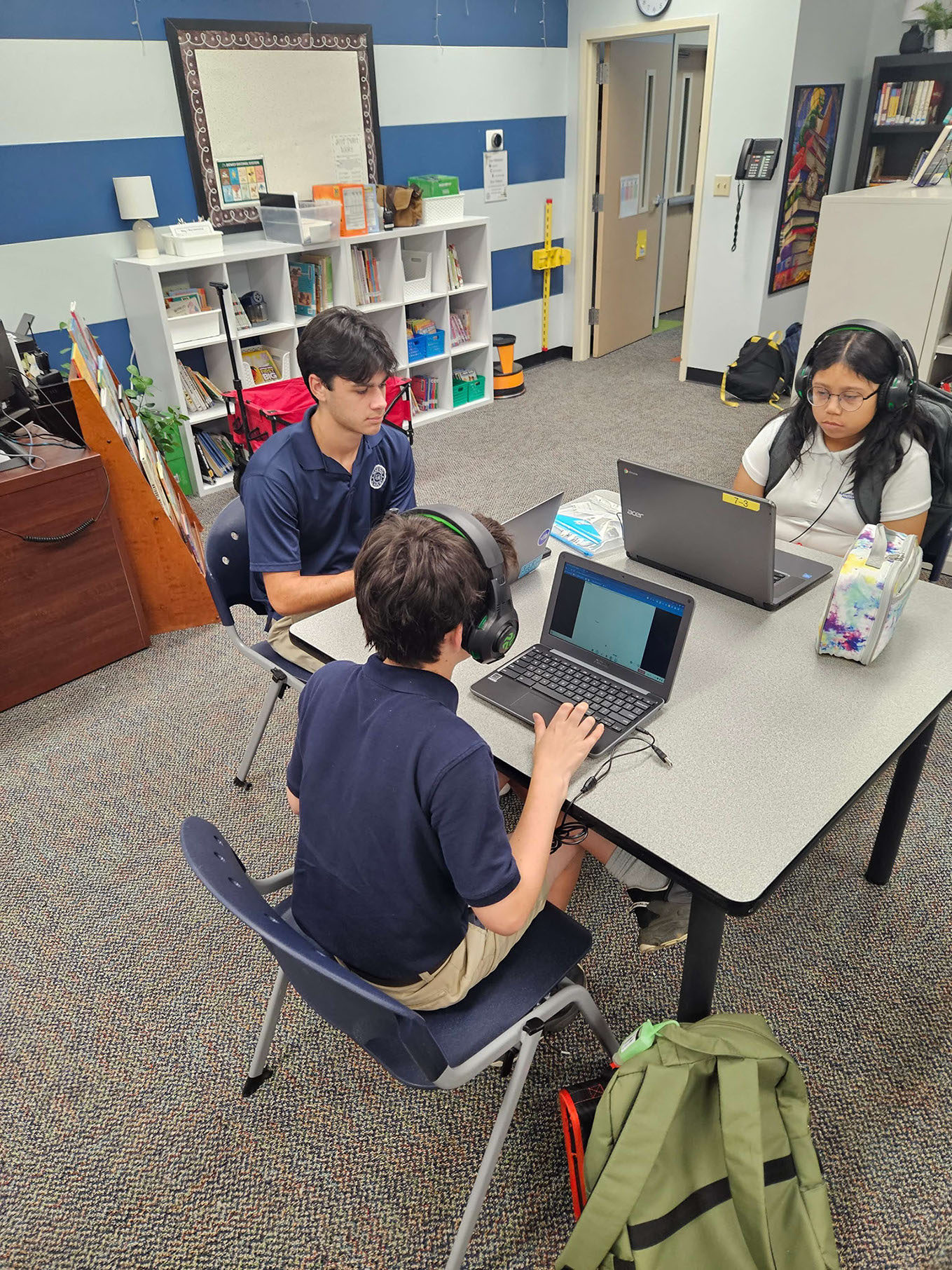

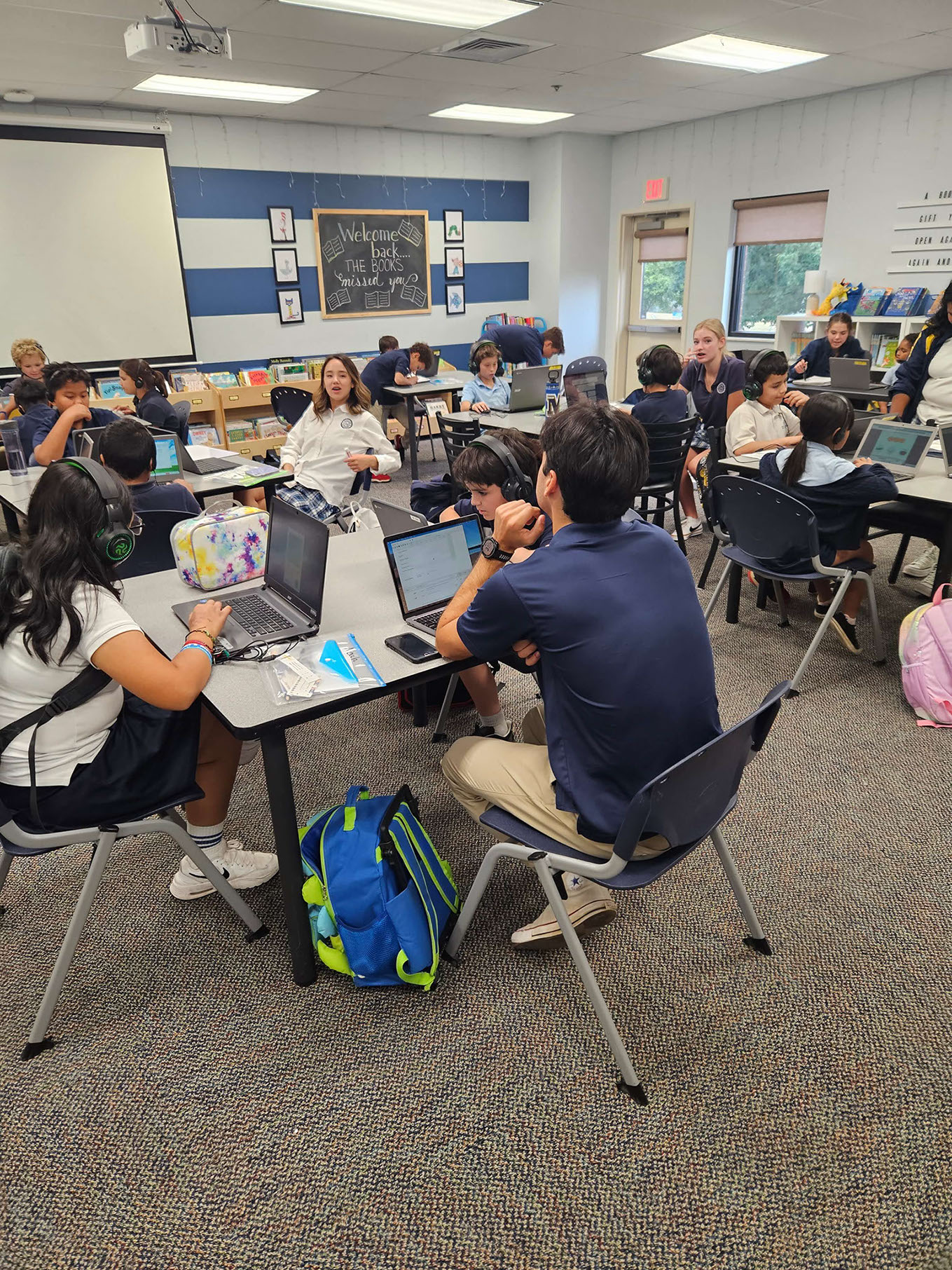
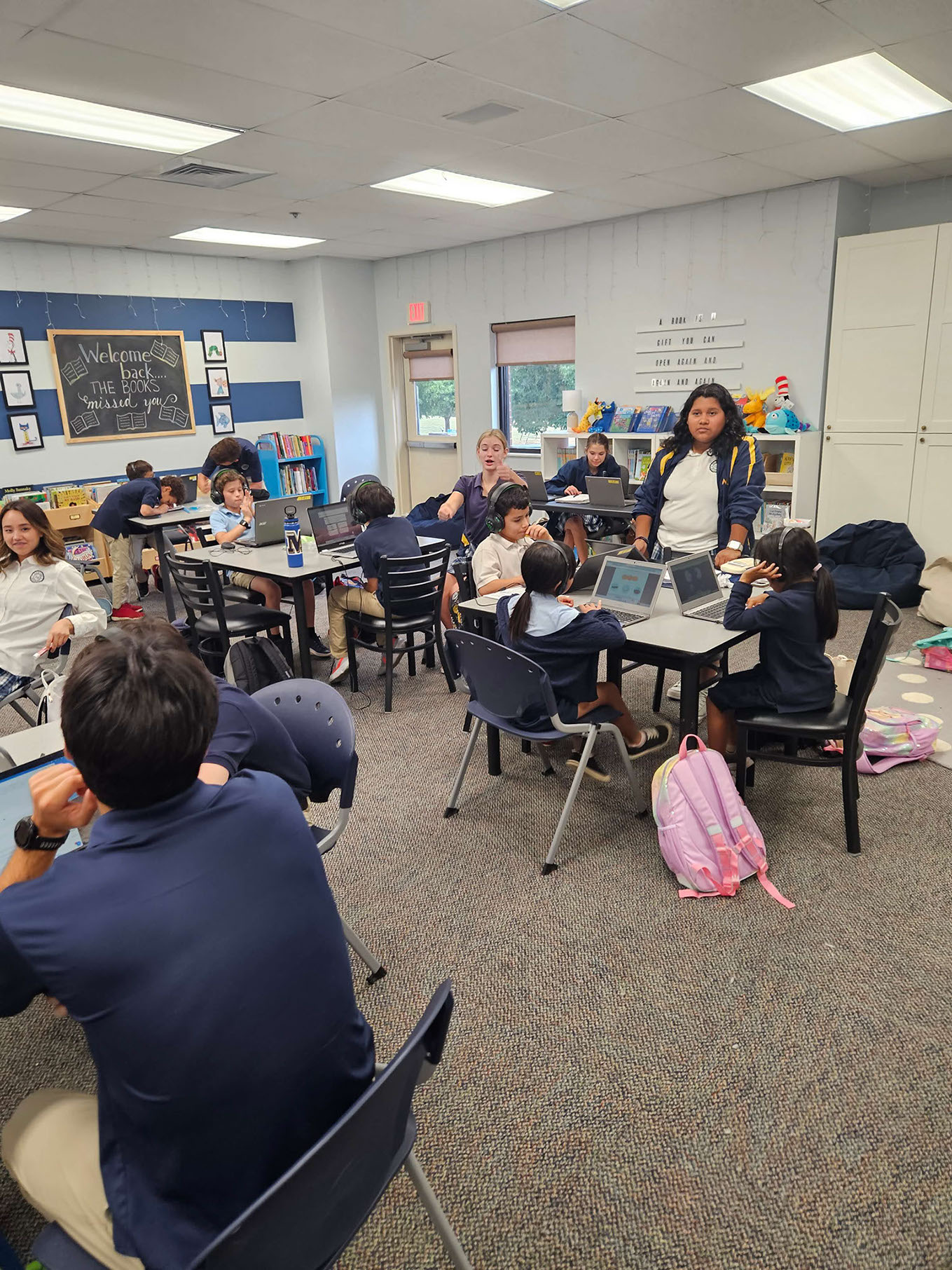

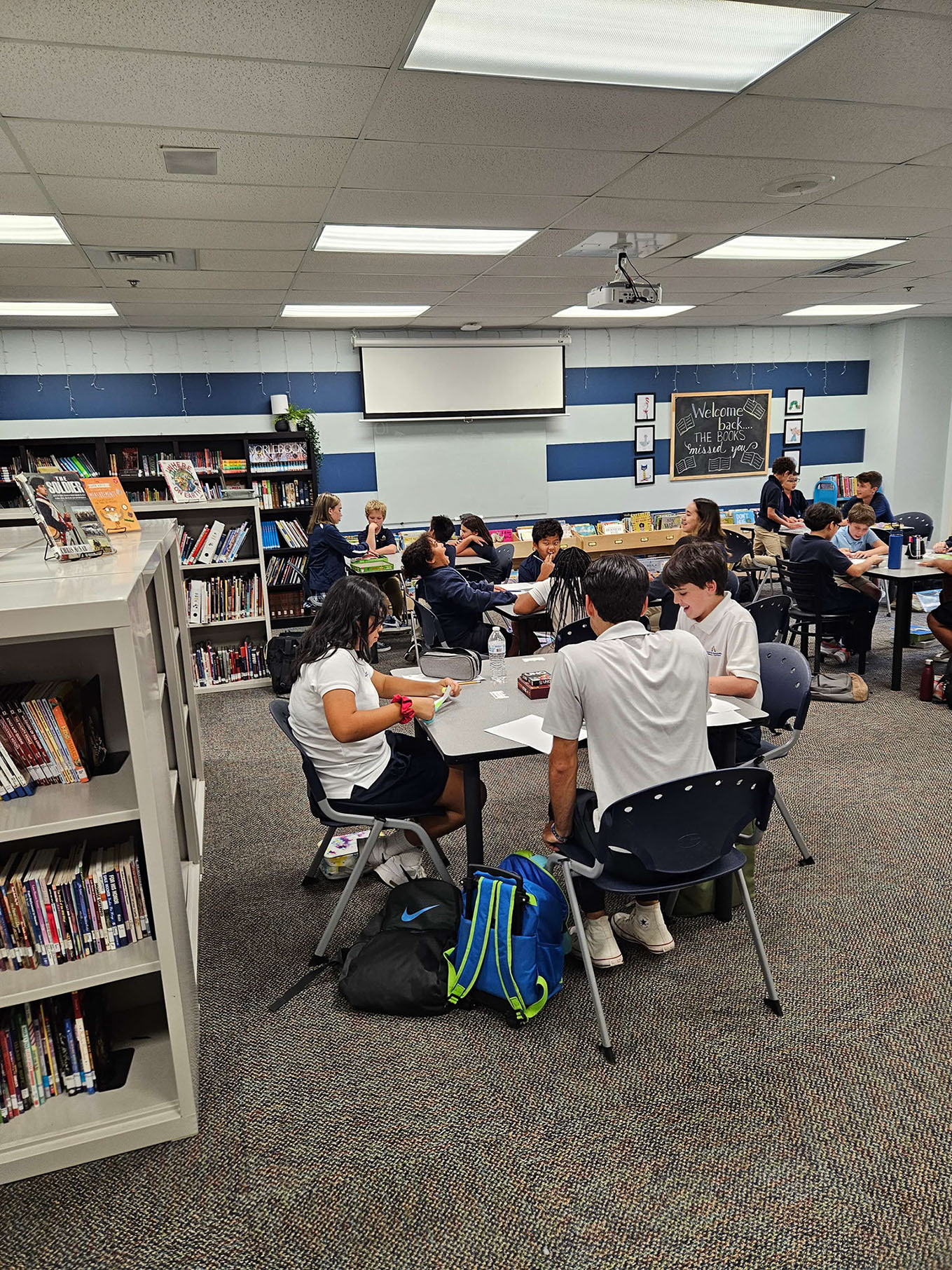
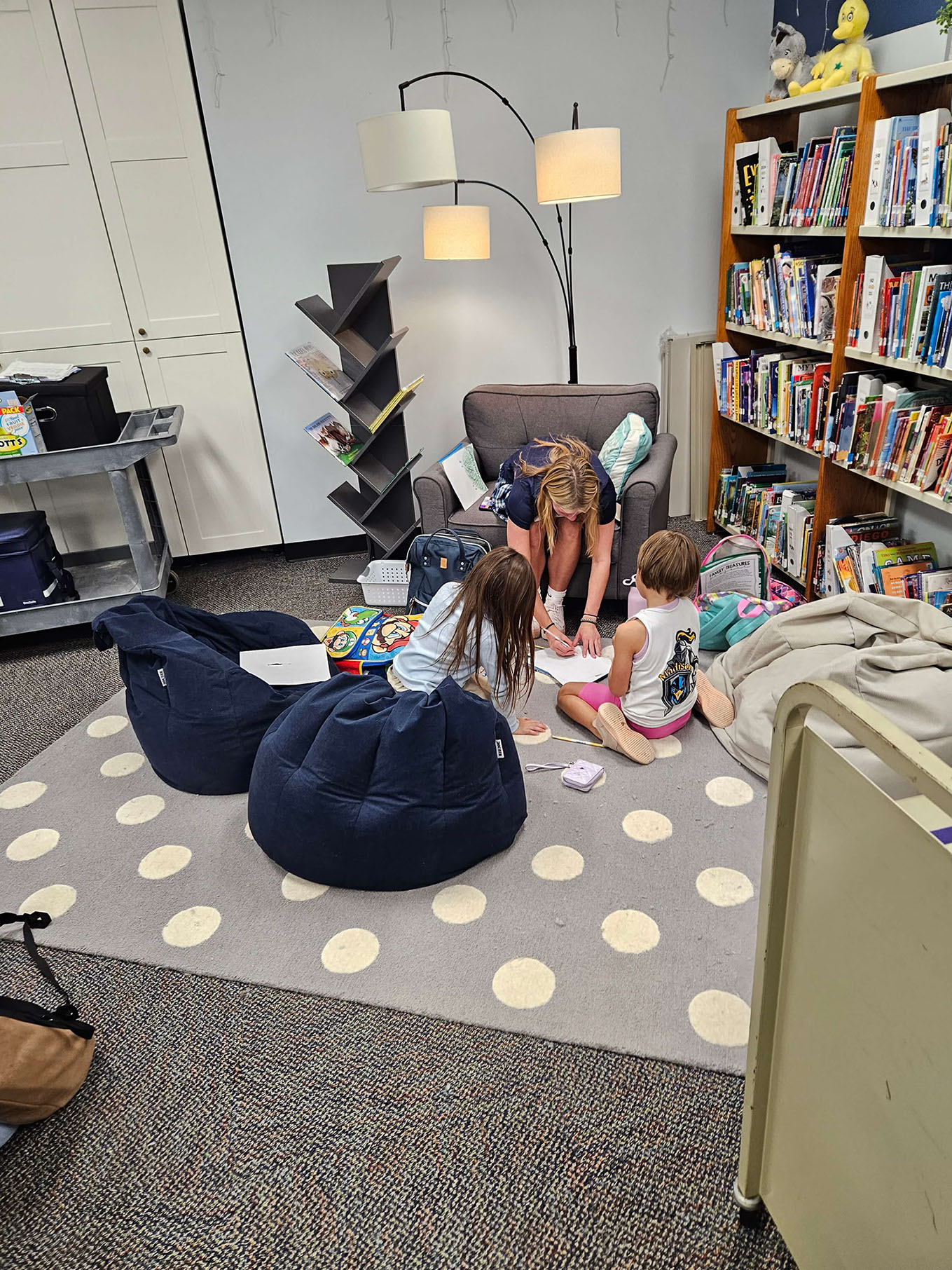
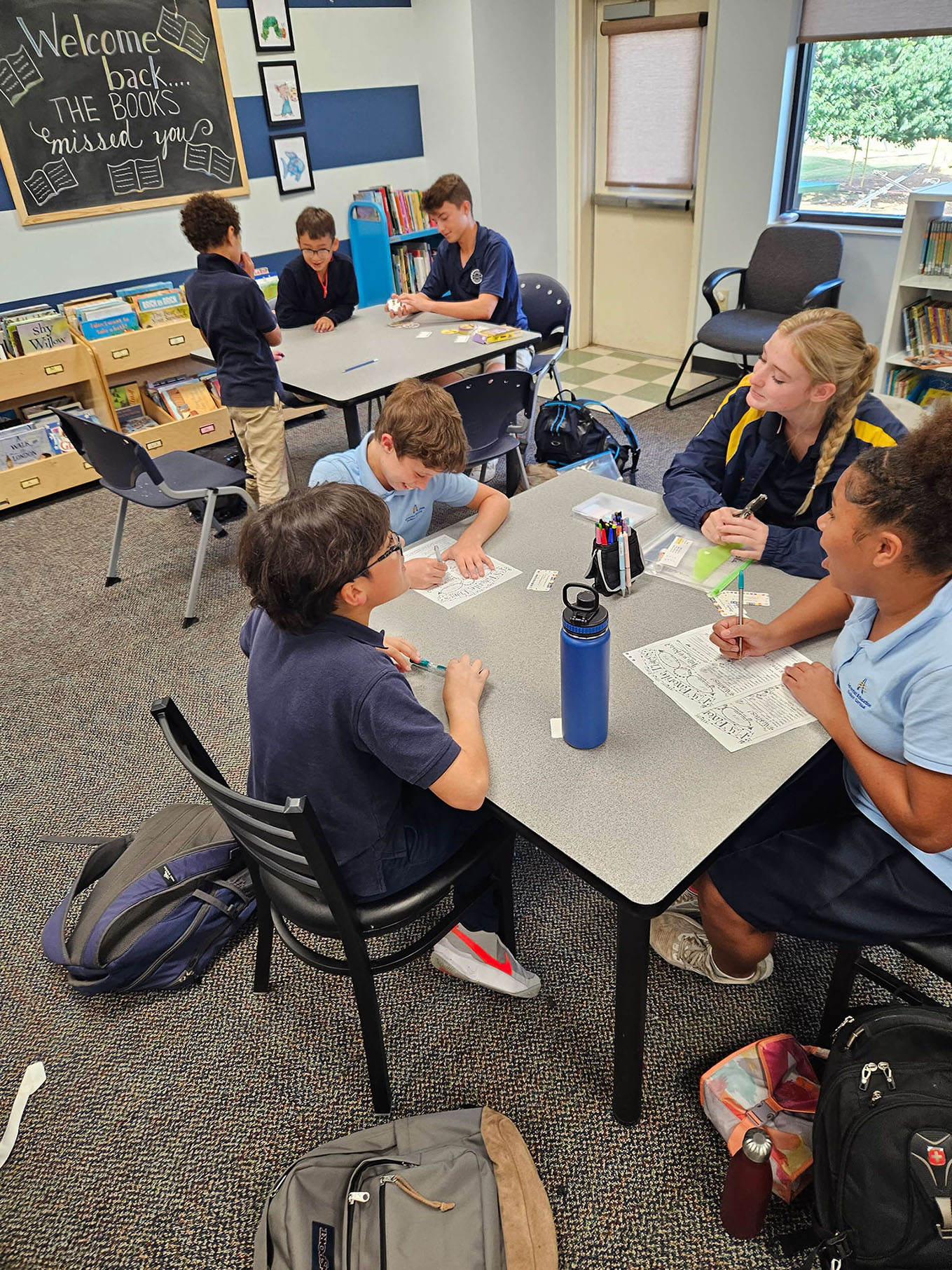
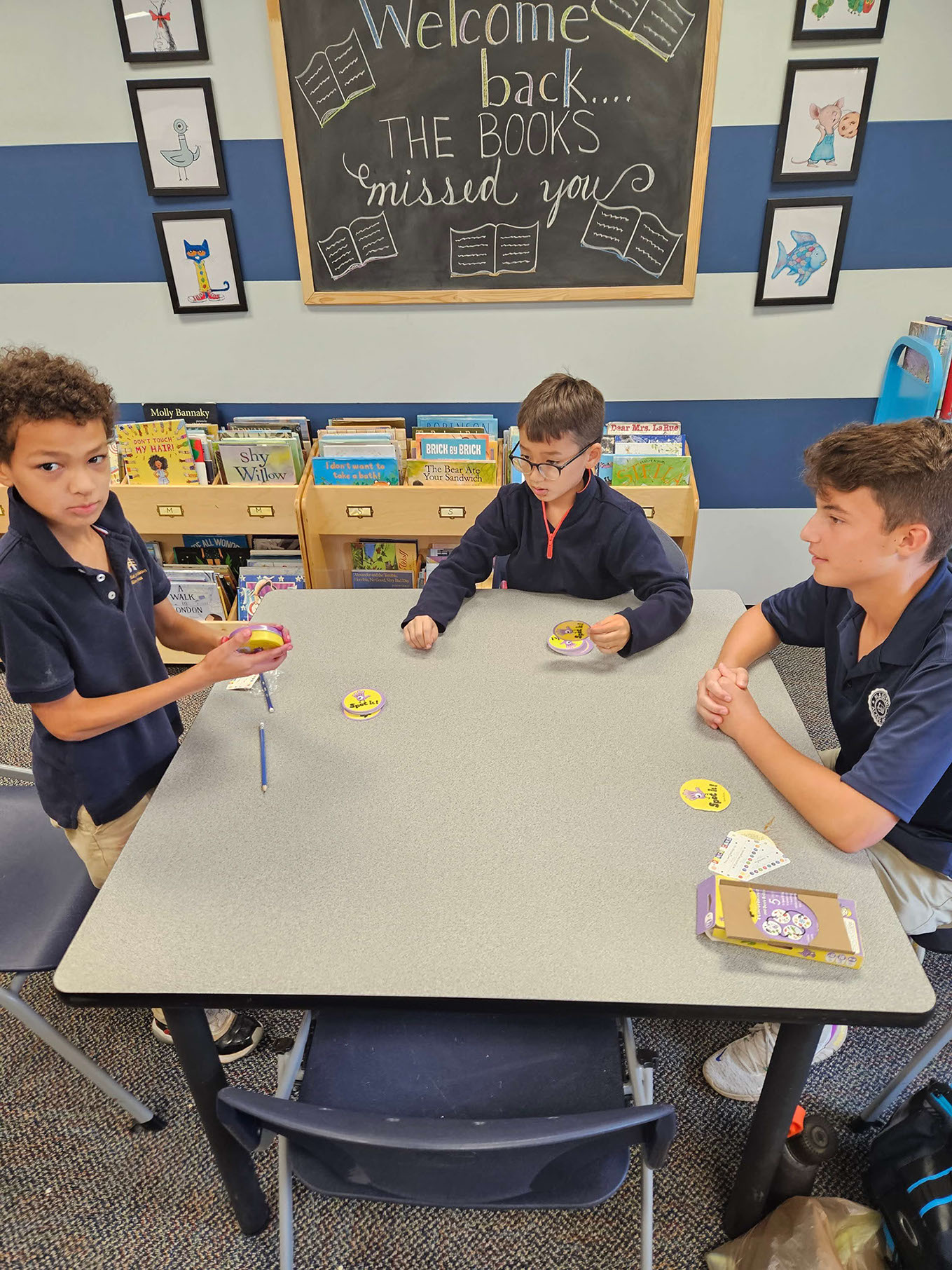
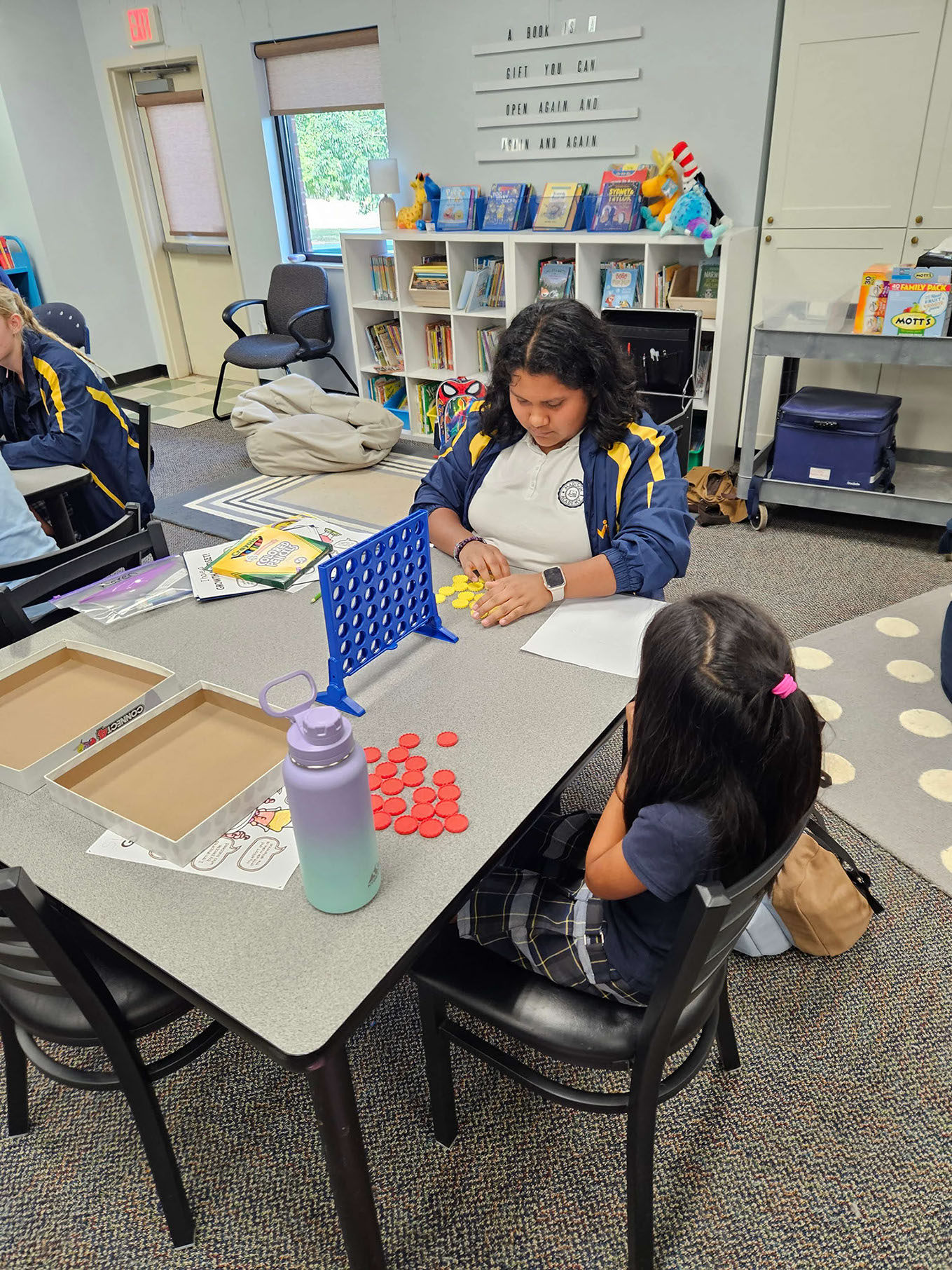

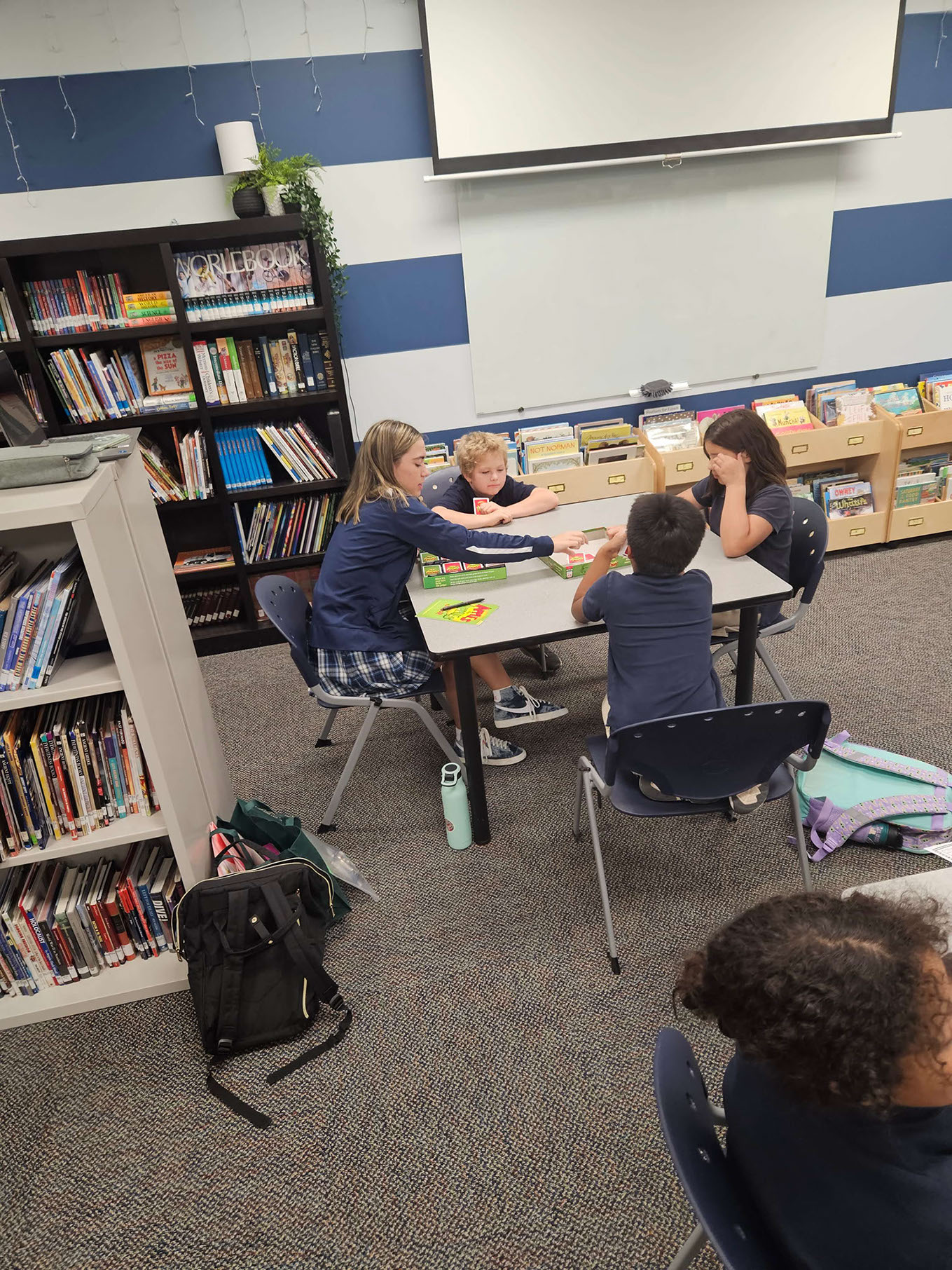
11 - 12
<
>
LEARN MORE
For more information about Aspiring Teacher Clubs contact: Melanie DiBiase mdibiase@southern.edu or Jackie Downs jdowns@sffcfoundation.org.

Winter ’23
TOP
Leisa Morton-Standish, PhD
Director of Elementary Education
